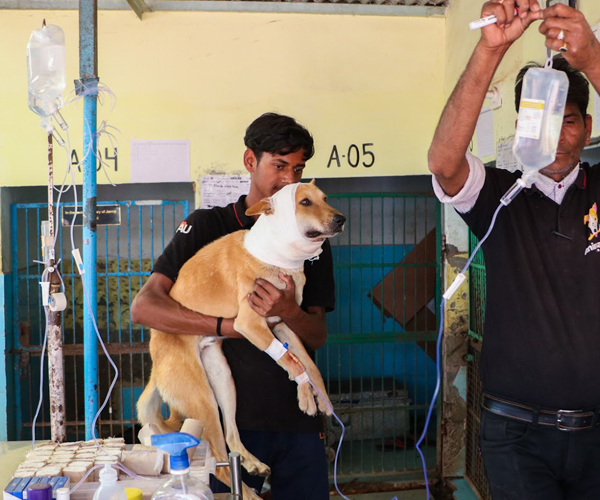Animal Husbandry Program: Empowering Communities through Sustainable Livelihoods

Animal Husbandry Program: Empowering Communities through Sustainable Livelihoods
At All India Milli Ulama Board (AIMUB), through your support we recognize that animal husbandry plays a crucial role in supporting the livelihoods of rural communities, especially in India, where livestock farming contributes significantly to income, food security, and economic resilience. Our Animal Husbandry Program focuses on empowering farmers and rural populations by providing training, resources, and support for sustainable livestock management practices. By promoting ethical and productive animal husbandry, we aim to enhance livelihoods, reduce poverty, and contribute to rural development.
Animal Husbandry: Sustaining Livelihoods Through Better Livestock Management
Many rural communities in India rely on livestock farming as a primary or secondary source of income. However, they face numerous challenges that limit the productivity and sustainability of their animal husbandry practices:
- Lack of technical knowledge: Farmers often lack the expertise needed to manage livestock health, breeding, and nutrition, leading to poor productivity and high livestock mortality rates.
- Limited access to veterinary services: Rural areas frequently suffer from a shortage of veterinary care and animal health services, resulting in untreated diseases and a decline in livestock well-being.
- Insufficient infrastructure: Poor access to markets, transportation, and storage facilities for animal products like milk and wool further reduces the profitability of livestock farming.
- Environmental impact: Traditional livestock farming methods often lead to overgrazing, water depletion, and land degradation, posing a threat to local ecosystems and future farming prospects.
- Social and financial barriers: Many small-scale farmers, especially women, lack access to credit, resources, and market linkages, preventing them from scaling their animal husbandry operations.
Our Animal Husbandry Program addresses these challenges by providing a comprehensive approach that combines technical training, veterinary support, and access to markets and resources, while also promoting environmental sustainability and social empowerment.

